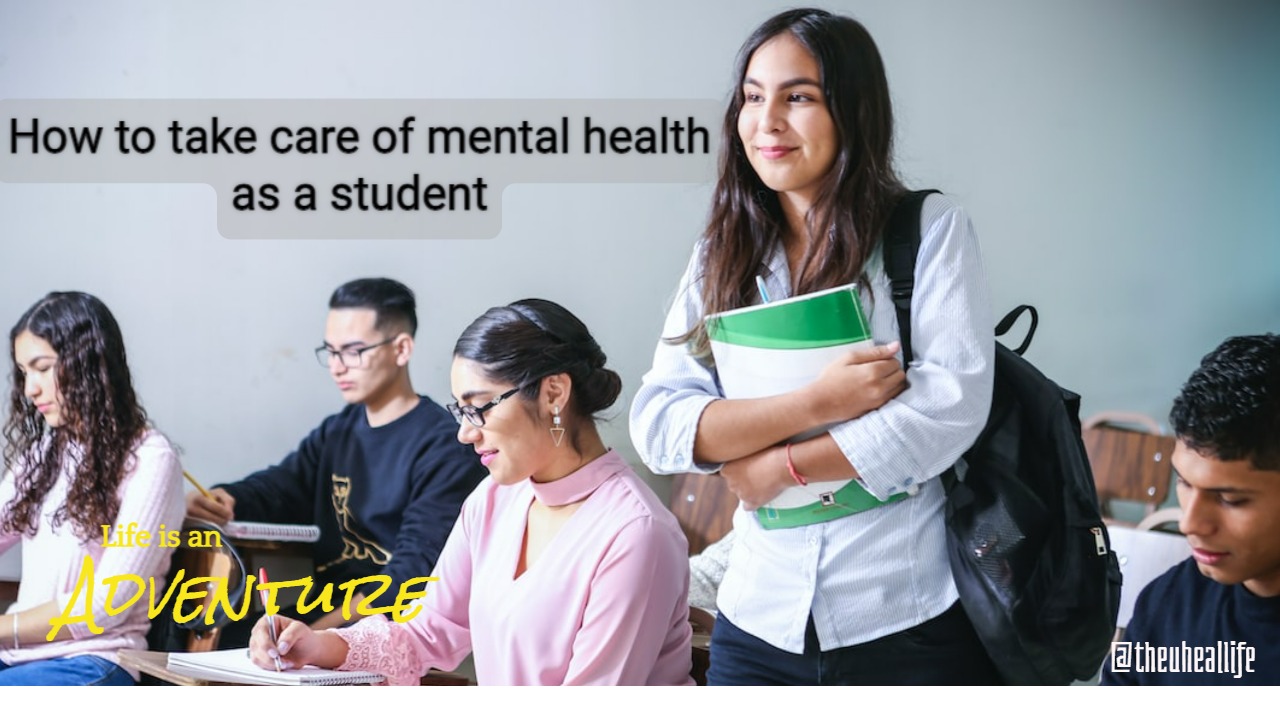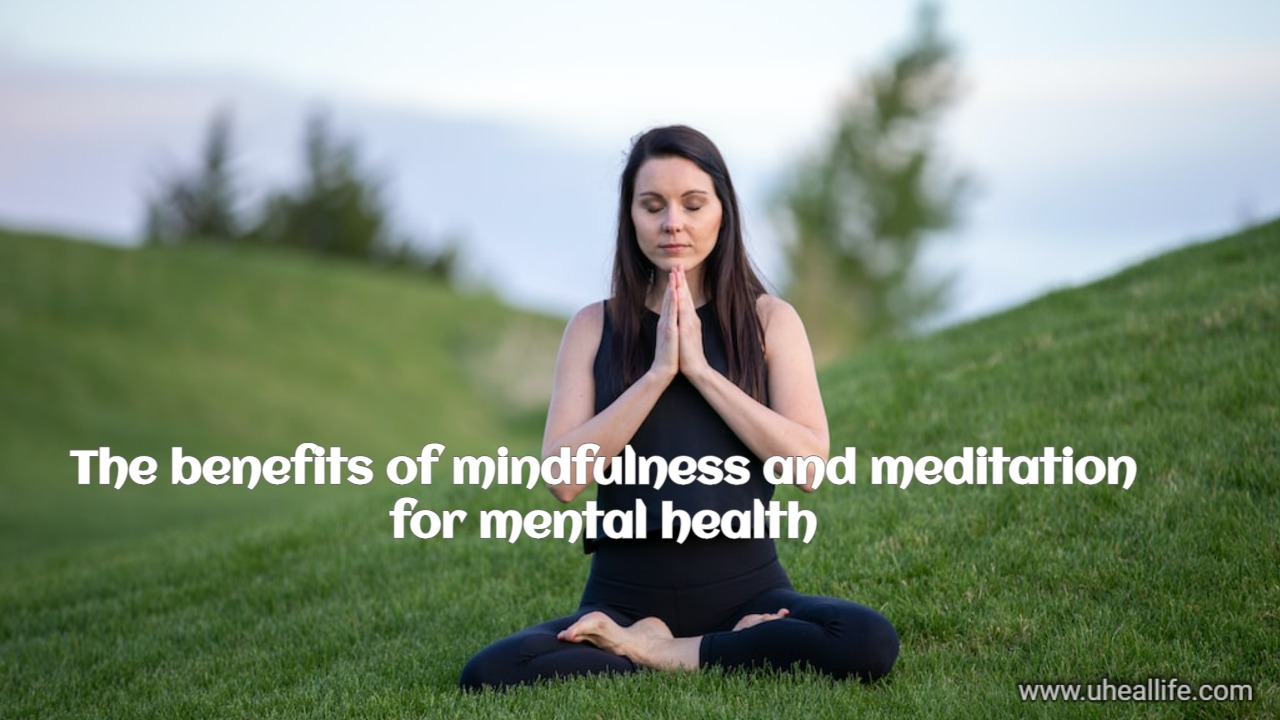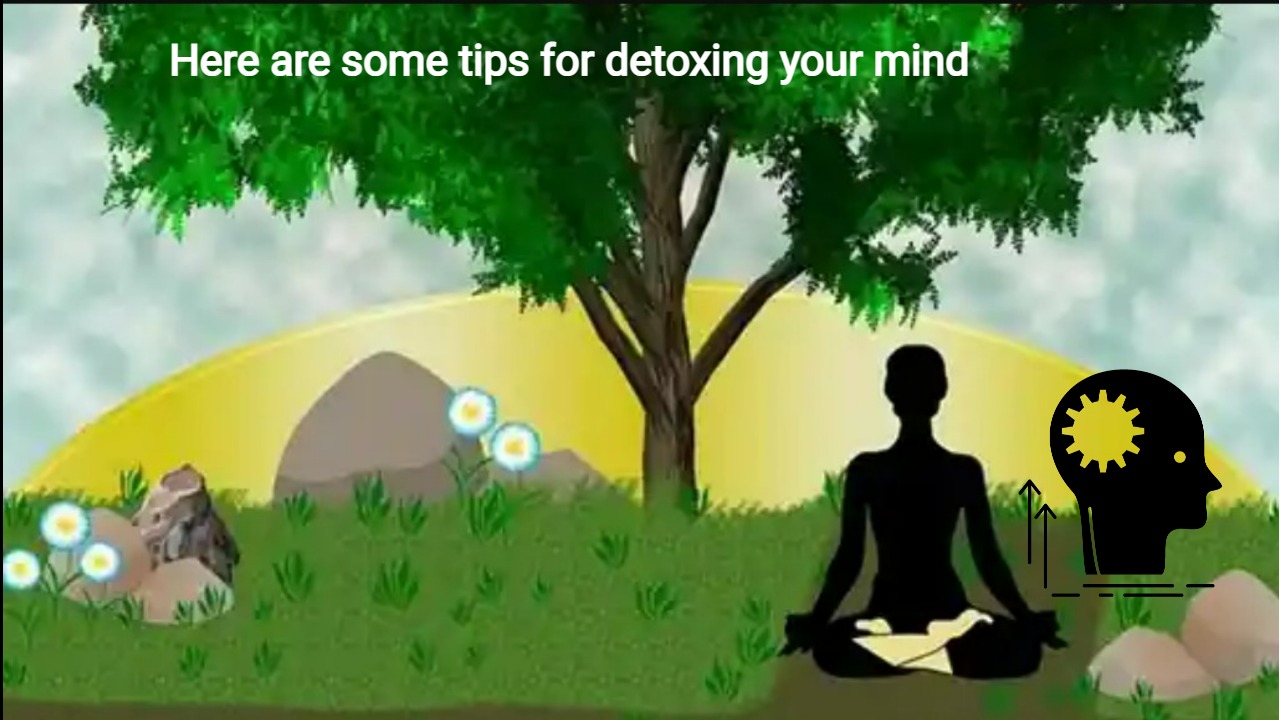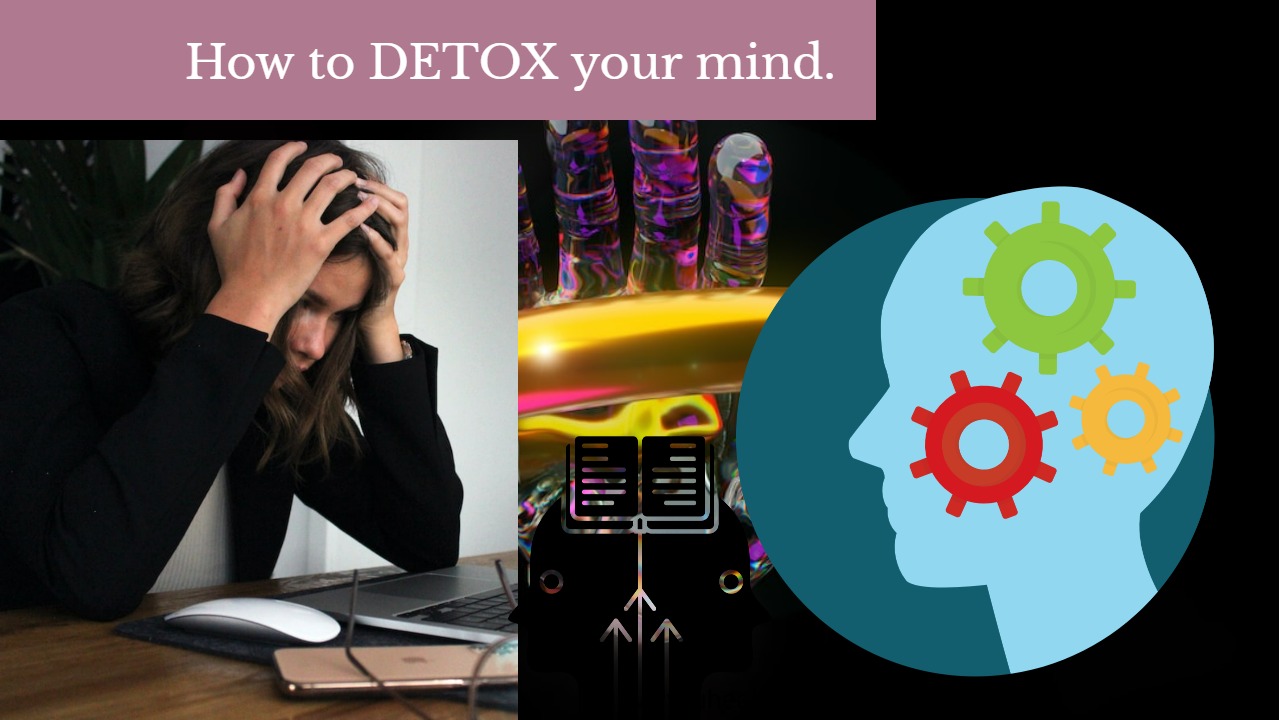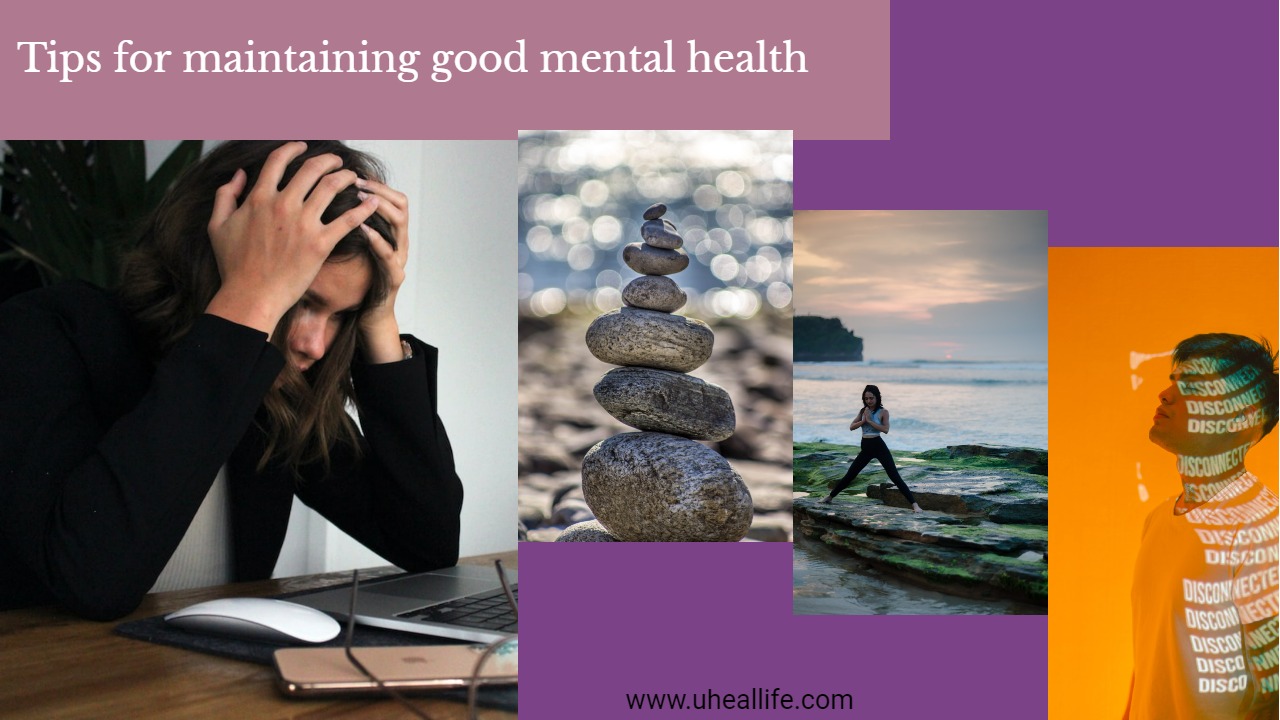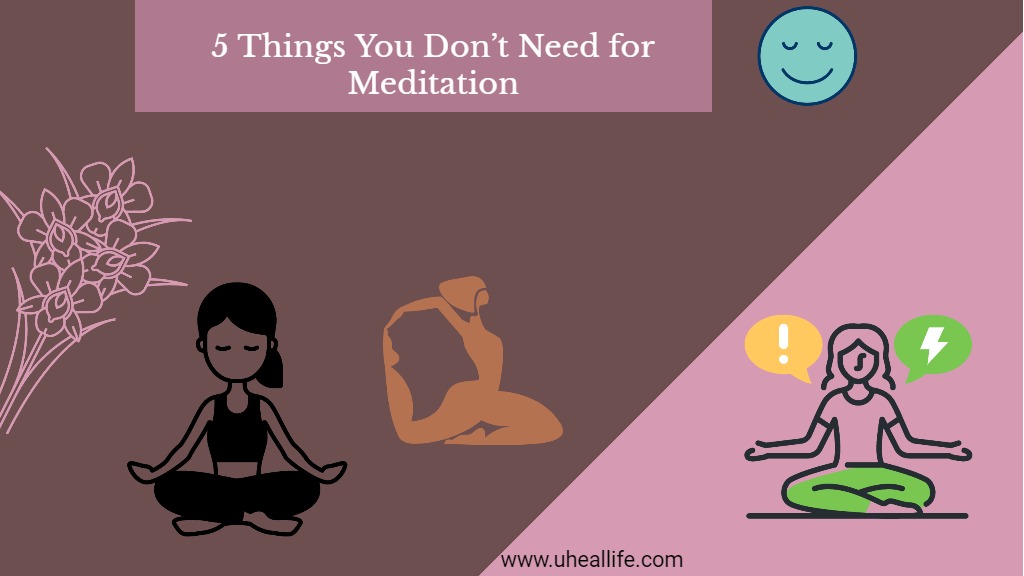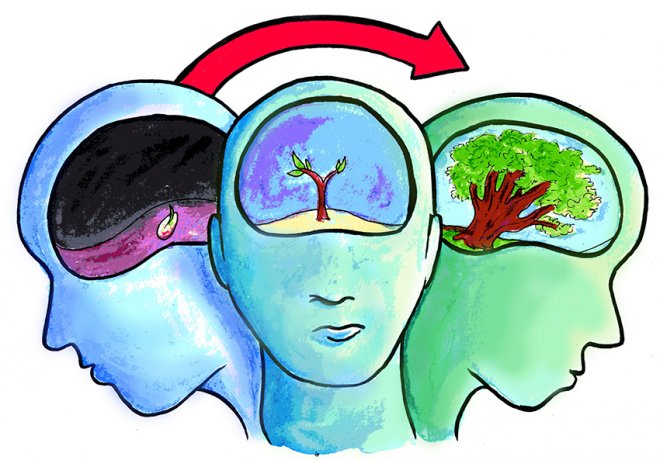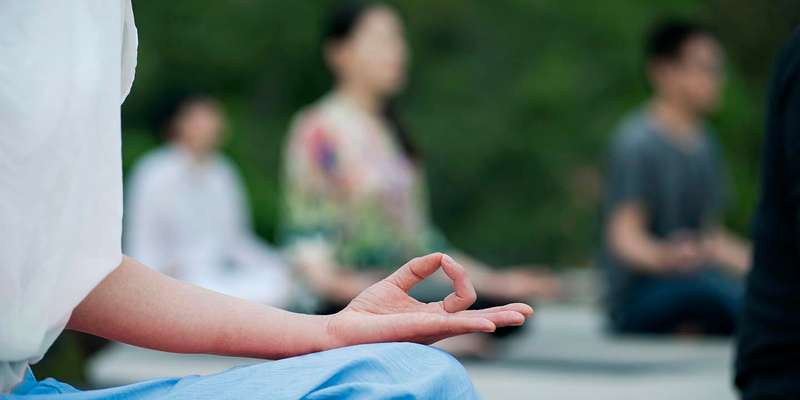10 Life-Changing Lessons from Uheallife Life’s Heal Your Life Retreat
Are you feeling overwhelmed, stressed, or disconnected from your true self? Do you want to take a break from the hustle and bustle of daily life and focus on your personal growth and well-being? Look no further than Uheallife.com’s Heal Your Life Retreat.
Our retreat is designed to help you discover inner peace and renewal through a variety of activities and workshops. From yoga and meditation to journaling and group therapy sessions, our experienced team of facilitators will guide you on a transformative journey of self-discovery and healing.
One of the highlights of our retreat is the Heal Your Life workshop, based on the teachings of the renowned self-help author Louise Hay. This workshop will help you identify and release limiting beliefs and negative thought patterns that may be holding you back from living your best life. You’ll learn practical tools and techniques to cultivate self-love, gratitude, and positivity.
In addition to the workshops, you’ll also have plenty of time to relax and recharge. Our retreat center is nestled in a serene natural setting, surrounded by lush forests and rolling hills. You can take a leisurely walk, read a book, or simply soak in the beauty of nature.
And of course, no retreat is complete without nourishing and delicious meals. Our retreat center offers healthy and organic vegetarian cuisine, designed to support your physical and emotional well-being.
At Uheallife.com, we believe that true healing and transformation come from within. Our Heal Your Life Retreat is a safe and supportive space for you to connect with yourself, others, and the universe. Join us and discover the power of self-love and inner peace.
Are you feeling lost, stressed, or disconnected from your true self? Do you want to embark on a journey of self-discovery and healing? Look no further than UHealth Life’s Heal Your Life Retreat. Our retreat is designed to help you discover inner peace and renewal through a variety of activities and workshops. Here are 10 life-changing lessons you can expect to learn from our retreat:
- Self-love is the foundation of well-being: Practicing self-love and self-compassion is crucial for our physical, emotional, and spiritual health. Research has shown that self-love is associated with greater life satisfaction, resilience, and happiness. (Source: Psychology Today)
- Gratitude is the key to abundance: Cultivating gratitude can help us shift our focus from what we lack to what we have, and attract more positivity and abundance into our lives. Studies have shown that gratitude is associated with better physical health, stronger relationships, and higher levels of happiness. (Source: Greater Good Magazine)
- Forgiveness frees us from the past: Holding onto grudges and resentments can weigh us down and prevent us from moving forward. Forgiveness is not about condoning or forgetting the harm that was done to us, but about releasing ourselves from the burden of anger and bitterness. Research has shown that forgiveness is associated with lower levels of stress, anxiety, and depression. (Source: Mayo Clinic)
- Mindfulness helps us stay present and centered: Mindfulness is the practice of paying attention to the present moment, without judgment or distraction. It can help us reduce stress, improve focus and concentration, and enhance our overall well-being. Studies have shown that mindfulness is associated with lower levels of anxiety, depression, and chronic pain. (Source: Harvard Health Publishing)
- Vulnerability is a strength, not a weakness: Being vulnerable means being open and honest about our feelings, needs, and fears, even if it feels uncomfortable or risky. It can help us build deeper connections with others, and foster empathy and compassion. Research has shown that vulnerability is associated with greater resilience, creativity, and innovation. (Source: Brene Brown)
- Authenticity is the key to fulfillment: Being true to ourselves and our values can help us live a more meaningful and purposeful life. It can also help us build trust and credibility with others, and attract meaningful relationships and opportunities. Research has shown that authenticity is associated with greater life satisfaction, self-esteem, and well-being. (Source: Psychology Today)
- Creativity is a form of self-expression and healing: Engaging in creative activities, such as writing, painting, or dancing, can help us tap into our inner wisdom and emotions, and express them in a safe and constructive way. Creativity can also help us reduce stress, boost mood, and enhance our overall well-being. Studies have shown that creativity is associated with greater resilience, self-esteem, and positive emotions. (Source: Psychology Today)
- Connection is the antidote to loneliness: Humans are social creatures, and we thrive on connection and belonging. Building meaningful relationships with others can help us reduce loneliness, anxiety, and depression, and enhance our overall well-being. Research has shown that social connection is associated with greater life satisfaction, resilience, and longevity. (Source: Harvard Health Publishing)
- Purpose gives meaning to our lives: Having a sense of purpose, or a reason for being, can help us navigate life’s challenges and find fulfillment and joy. It can also help us stay motivated and resilient in the face of setbacks and obstacles. Research has shown that purpose is associated with greater life satisfaction, resilience, and well-being. (Source: Psychology Today)
- Compassion is the heart of humanity: Compassion is the ability to feel and respond to the suffering of others with kindness, empathy, and understanding. It can help us build stronger relationships, and create a more just and equitable society. Research has shown that compassion is associated with greater happiness, well-being, and social connection. (Source: Greater Good Magazine)
At UHealth Life’s Heal Your Life Retreat, we believe that true healing and transformation come from within. Our retreat is a safe and supportive space for you to connect with yourself, others, and the universe, and learn valuable tools and techniques for personal growth and well-being. Join us and discover the power of self-love and inner peace.
Sources:
- Psychology Today: 8 Powerful Steps to Self-Love
- Greater Good Magazine: How Gratitude Changes You and Your Brain
- Mayo Clinic: Forgiveness: Letting Go of Grudges and Bitterness
- Harvard Health Publishing: Mindfulness meditation practice changes the brain
- Brene Brown: The Power of Vulnerability
- Psychology Today: Why Authenticity Is the Key to Happiness
- Psychology Today: The Surprising Science of Creativity
- Harvard Health Publishing: Connecting the dots: Isolation, loneliness, and social support
- Psychology Today: Why Purpose Is So Important
- Greater Good Magazine: How Compassion Can Help You Through Hard Times


